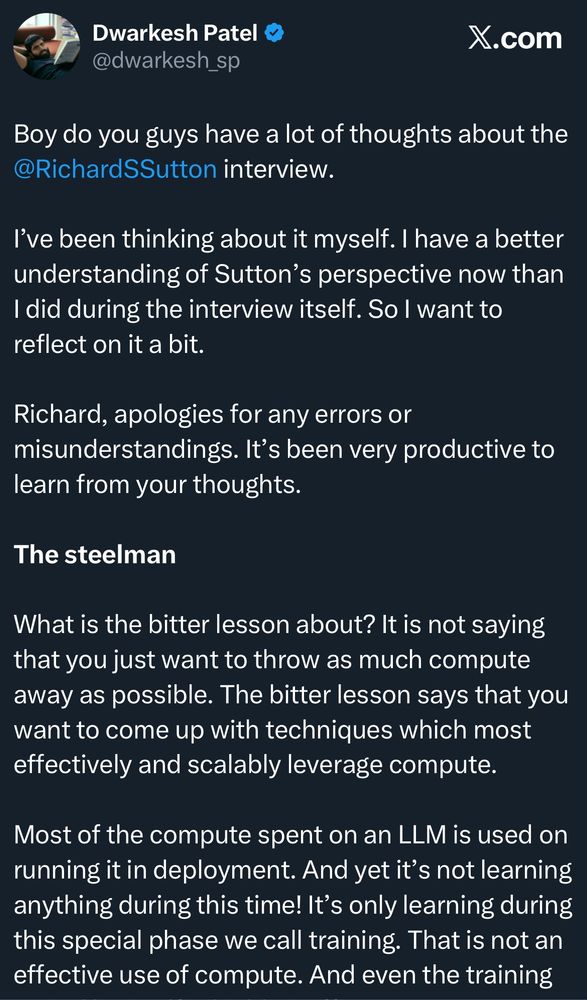Fran Litterio
@fpl9000.bsky.social
1.3K followers
240 following
320 posts
Retired software engineer. AI enthusiast. Deadhead. I implemented Bash's regex operator (=~).
Posts
Media
Videos
Starter Packs
Reposted by Fran Litterio
Reposted by Fran Litterio
Reposted by Fran Litterio
The Register
@theregister.com
· 18h

Python releases version 3.14 – with cautious free-threaded support
JIT compiler included but experimental and can slow performance
The Python team has released version 3.14, with big new features including free threading support, the ability to use concurrent interpreters, improved debugger support, and an opt-in new interpreter which improves performance by 3 to 5 percent.…
dlvr.it
Reposted by Fran Litterio
Reposted by Fran Litterio
Reposted by Fran Litterio
Reposted by Fran Litterio
Reposted by Fran Litterio

















